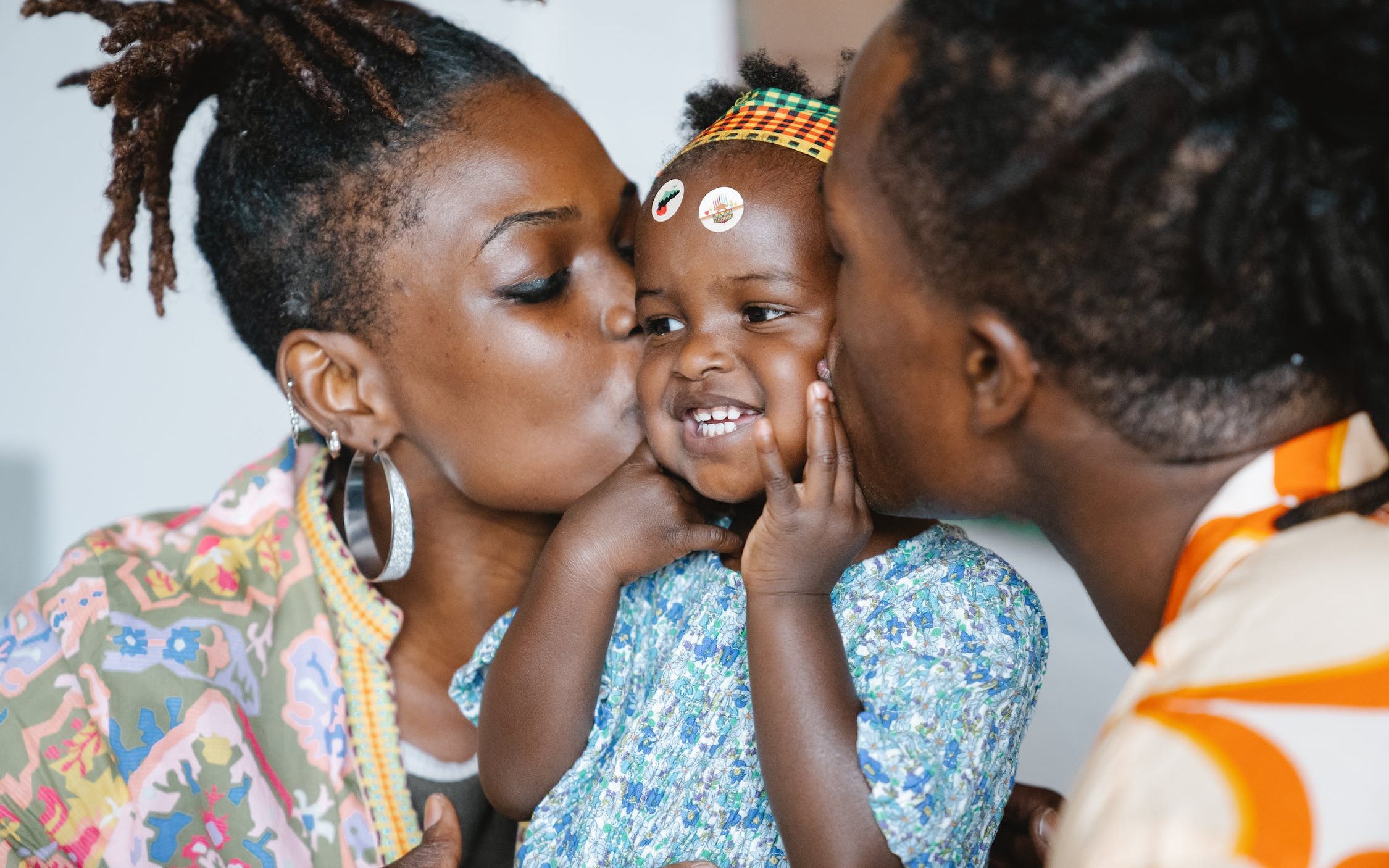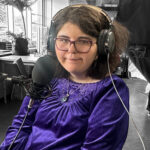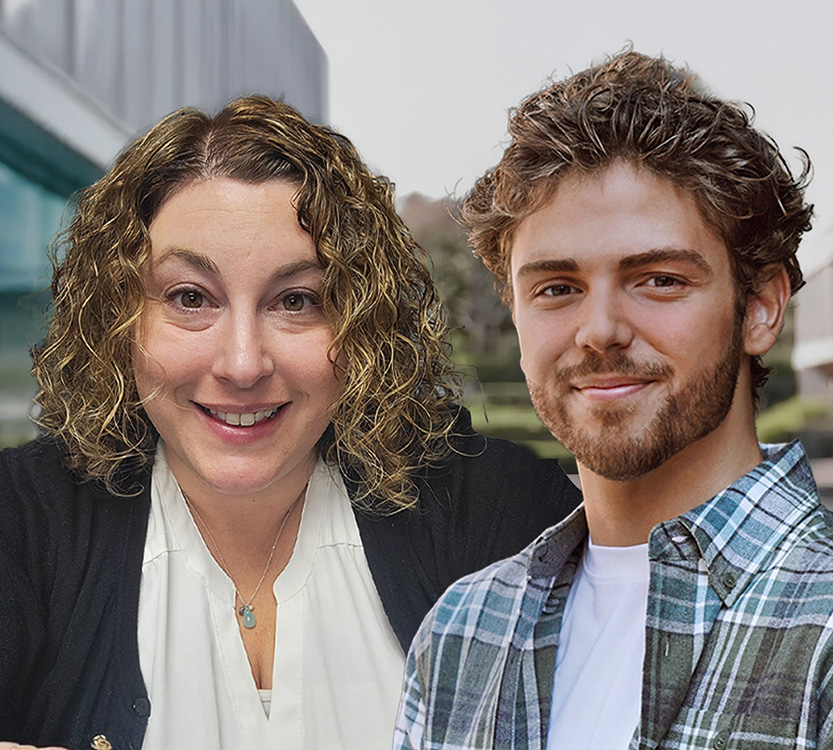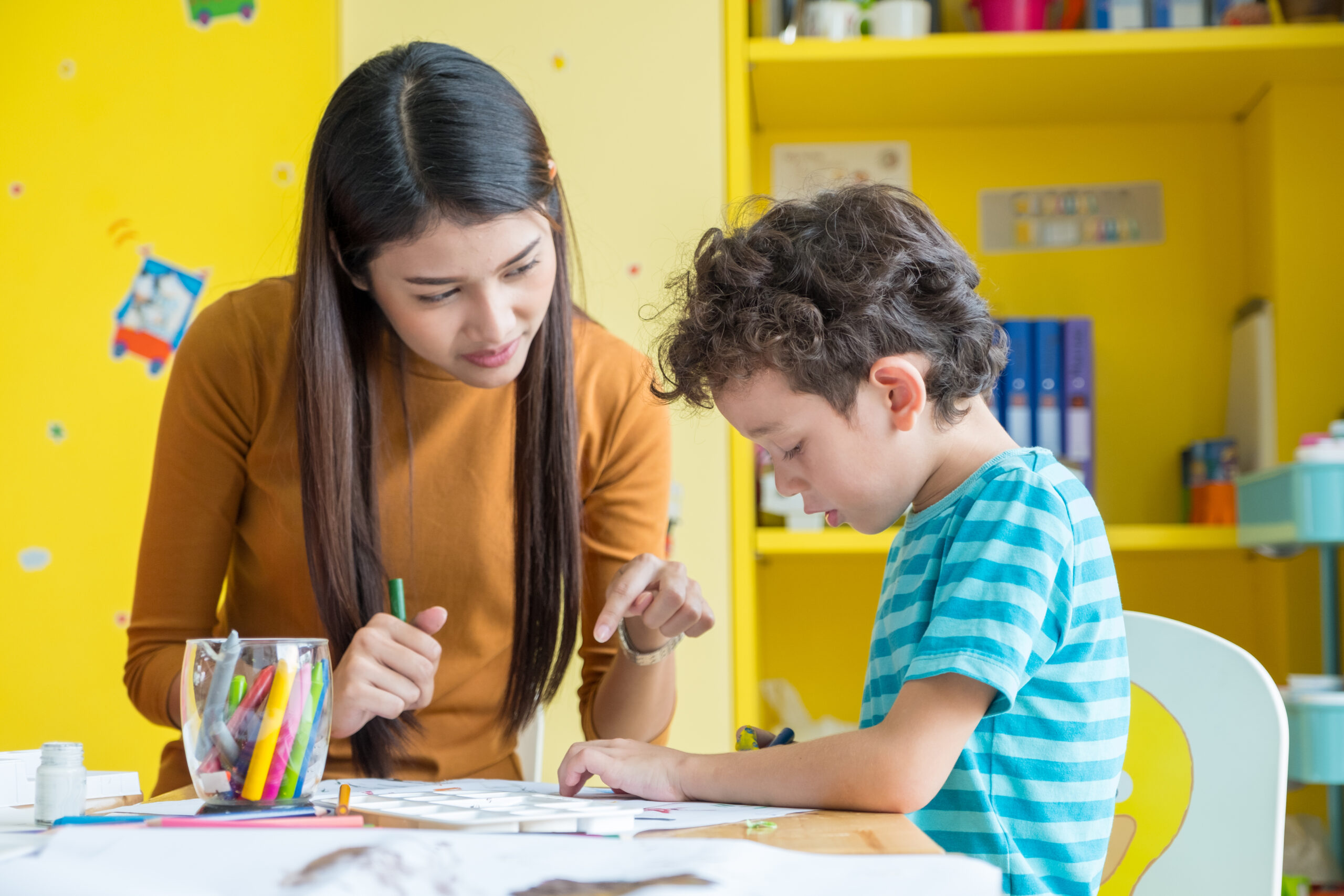Language development is a critical component of the day-to-day lives of young children. It is used within a variety of contexts, including playing with peers, building relationships, functionally communicating needs, etc. As such, there is a heavy emphasis on language and communication built into most applied behavior analysis (ABA) programs. Because such a heavy emphasis is placed on language, it is important that practitioners are mindful of the specific language or languages that are incorporated in the therapeutic setting. The Association for Science in Autism Treatment recommends supporting bilingualism for children with autism by encouraging family-centered, culturally sensitive language choices.
By promoting the use of the family’s native language, children have an increased likelihood of communication opportunities with their immediate and extended families, friends, and community. In addition to having more opportunities to communicate, the quality of the interactions will be more meaningful as caregivers are more likely to effectively express their own emotions, hold their child’s attention, and more thoroughly discuss topics of interest when using their native language (Zhou, et al., 2019). There are also benefits to multilingualism outside of the familial unit. Research has shown that children who are raised in multilingual homes tend to demonstrate higher perspective talking skills than children who do not (Zhou, et al., 2019). Despite all of the benefi ts to speaking one’s native language, families often face a number of barriers, especially when seeking out autism-related services.
While we live in a culturally diverse country, English remains the dominant language in most regions of the U.S. When children turn on the TV, chances are the shows they watch are in English. When they go to school, they will receive a primarily English education and their peers will speak primarily English. Autistic individuals who receive behavior analytic treatment in the U.S. are likely receiving those services in English. Despite all of these barriers, there are ways for parents and caregivers to advocate for their bilingual children and family.
1. Look for providers who speak your native language.
One of the first measures to take when selecting a service provider is to request clinicians who speak your native language. Bilingual service providers can be hard to find and it may take time, but let your provider know your preference so they can attempt to hire and/or pair you with appropriate staff members.
2. Request translation services.
In cases where there are no staff members available to provide services in your native language, consider asking for translation services. Even if you are proficient in English, it may be easier or feel more comfortable for you to communicate in your native language. Per the Behavior Analyst Certification Board’s (BACB) Ethics Code for Behavior Analysts, the clinician you are working with should make every effort to effectively communicate with you and provide you with the opportunity to ask questions and participate in the development and implementation of your child’s program.
3. Consider the assessment language.
If your child speaks a language other than English, it is important to discuss the benefits of your child being assessed in that language. Providers use assessment results as a tool to guide the clinical program and decision making. Having the results of the assessment in your child’s primary or dominant languages will give a more accurate picture of your child’s strengths and areas of need. The starting point of the program will be more representative of your child’s language abilities.

4. Ensure the program is visually representative of your child and your family.
Visual tools and stimuli are often used as prompts, supports, and/or reinforcement systems within many ABA programs. These visual supports may serve to outline a schedule for the day, visuals might accompany a short narrative or story describing a social scenario your child might encounter, or you might see visual images used as reminders or prompts of what steps come next in routine with multiple steps, such as hand washing. These visual items should be representative of your child and your family. Discuss incorporating your native language and culture into these items in order to promote their use and acceptance by your child. If your child accepts the stimuli and is motivated to use them, effectiveness of their intended purpose will likely increase.
5. Discuss your language and other cultural values with your team.
Per the Ethical Code for Behavior Analysts, your cultural norms, traditions, and expectations should be extended through all aspects of the ABA program. Social interactions, communication, play activities, and activities of daily living are areas that are addressed in many ABA programs and are going to be affected by language, culture, and traditions. Discussing the ways your language and culture impact your day-to-day routines and expectations will help the clinical team develop and implement a program that is best suited to your child and your family.
Serving as the navigator and advocator of your child’s services is a huge role. Advocating for language will often be just as important as advocating for hours, goals, or other supports. Use your team to provide support and to feel empowered to be the advocate your child and your family need.


















